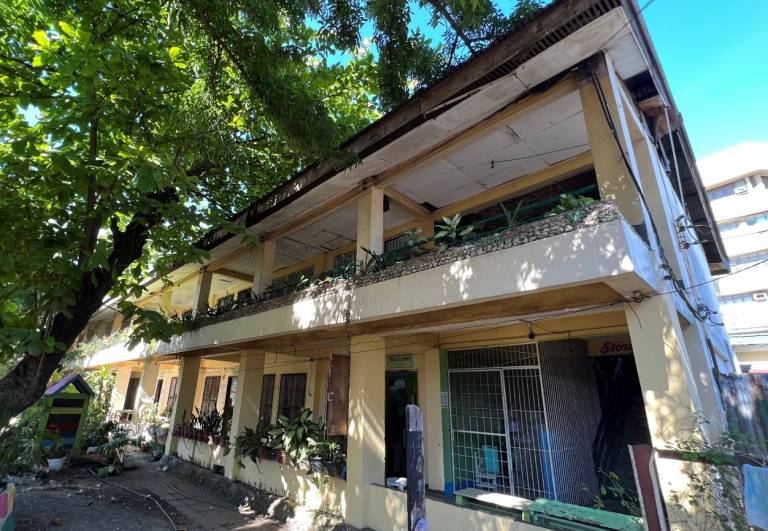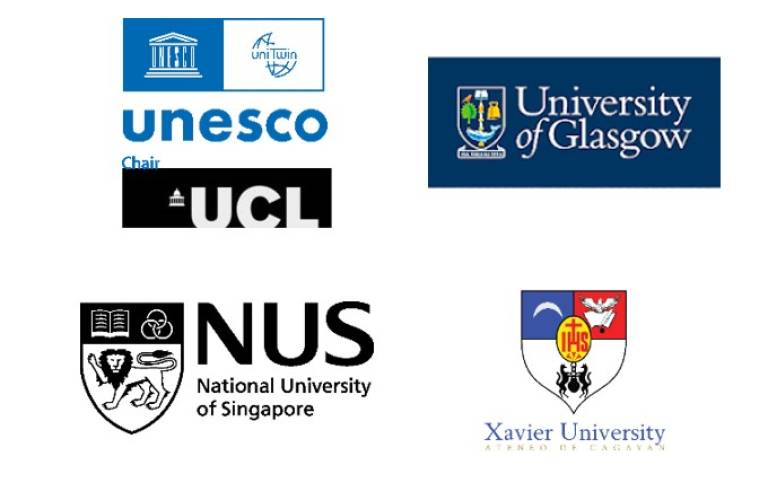UNESCO Chair secures the IPUR Seed Grant 2023 in collaboration with NUS, UofG and XU
5 April 2024
UNESCO Chair secures the IPUR Seed Grant 2023 in collaboration with National University of Singapore, University of Glasgow and Xavier University in Philippines.

Based at the National University of Singapore (NUS), the Lloyd’s Register Foundation Institute for the Public Understanding of Risk (IPUR) seeks to narrow the risk perception gap between the public and experts. The UNESCO Chair in DRR-RE at University College London (UCL) has teamed up with Dr. Ji Eun Byun at University of Glasgow (UofG), Prof. Darren Chian at NUS, and Prof. Dexter Lo at Xavier University (XU), to secure the IPUR Seed Grant 2023 worth S$20,000 to initiate the novel project "Affordable and accessible decision-support tool against hazard risks for local communities in developing countries".
The project addresses two most challenging obstacles for middle- and lower-income countries: affordability of risk mitigation measures and decision independence for local communities with limited resources. The project will develop a decision-support tool with exclusive focus on affordable measures and heightened accessibility. The tool will feature detailed hazard models by NUS, integrated modeling of education and transport systems by UCL, advanced reliability methods by UofG, and first-hand perspectives by XU. Its efficacy will be tested by conducting a workshop with a local community in Cagayan de Oro, Philippines, exposed to high seismic and typhoon hazards.
This seed fund will allow prototyping and evaluating of the target concept of developing an advanced decision-support tool, which can handle interdependent, large-scale infrastructure systems, equipped with three features: affordability, independence, and cutting-edge. Specifically, it will focus on system reliability analysis of schools-transport systems subjected to seismic and flood risks. A small-scale release will be run via a benchmark example through a workshop with various cohorts in the community to assess the perceived value of the tool’s features. This will be followed up by a grant proposal to develop a fully-fledged decision-support tool to extend its capability to other types of infrastructure systems exposed to multiple natural hazards. Thus, the project envisions meeting the long-term target of enabling independence in disaster risk management for local communities in developing countries.

 Close
Close

